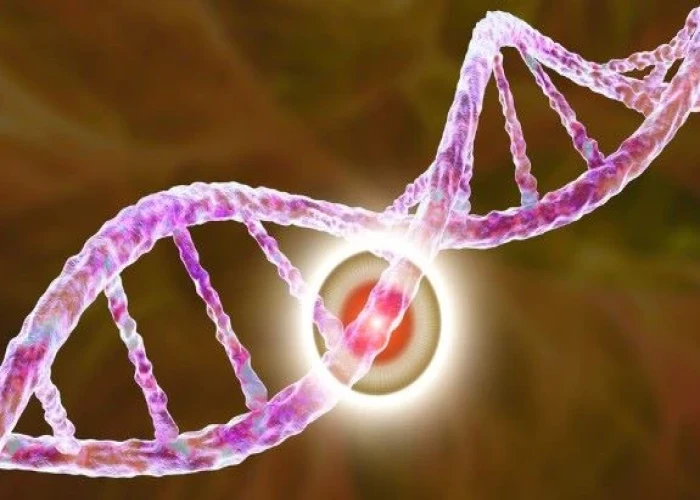 Welcome
Welcome
“May all be happy, may all be healed, may all be at peace and may no one ever suffer."
Niemann-Pick

Niemann-Pick is a rare, inherited disease that affects the body's ability to metabolize fat (cholesterol and lipids) within cells. These cells malfunction and, over time, die. Niemann-Pick disease can affect the brain, nerves, liver, spleen, bone marrow and, in severe cases, lungs.
People with this condition experience symptoms related to progressive loss of function of nerves, the brain and other organs.
Niemann-Pick can occur at any age but mainly affects children. The disease has no known cure and is sometimes fatal. Treatment is focused on helping people live with their symptoms.
Research Papers
Disease Signs and Symptoms
- Excessive muscle contractions (dystonia) or eye movements
Disease Causes
Niemann-Pick
Niemann-Pick is caused by mutations in specific genes related to how the body metabolizes fat (cholesterol and lipids). The Niemann-Pick gene mutations are passed from parents to children in a pattern called autosomal recessive inheritance. This means that both the mother and the father must pass on the defective form of the gene for the child to be affected.
Niemann-Pick is a progressive disease, and there is no cure. It can occur at any age.
Types of Niemann-Pick
Types A and B
Types A and B are caused by a missing or malfunctioning enzyme called sphingomyelinase. This affects the body's ability to metabolize fat (cholesterol and lipids), resulting in a buildup of fat in cells. This causes cell dysfunction and, over time, cell death. Type A occurs mainly in infants, who show severe, progressive brain disease. There is no cure, so most children do not live beyond their first few years. Type B usually occurs later in childhood and is not associated with primary brain disease. Most people affected with type B survive into adulthood.
Type C
Niemann-Pick type C is a rare inherited disease. The genetic mutations of this type cause cholesterol and other fats to accumulate in the liver, spleen or lungs. The brain is eventually affected too.
Disease Prevents
Disease Treatments
No cure exists for Niemann-Pick disease. No effective treatment is available to people with type A or B. For people with mild to moderate type C, a drug called miglustat (Zavesca) may be an option. An international study of 92 people with type C Niemann-Pick showed improved neurological symptoms after taking miglustat regularly for an average of two years.
Physical therapy is an important part of treatment to help maintain mobility as long as possible. People with Niemann-Pick disease need to see their doctors regularly, because the disease progresses and symptoms worsen.
Disease Diagnoses
Disease Allopathic Generics
Disease Ayurvedic Generics
Disease Homeopathic Generics
Disease yoga
Niemann-Pick and Learn More about Diseases

Thalassemia
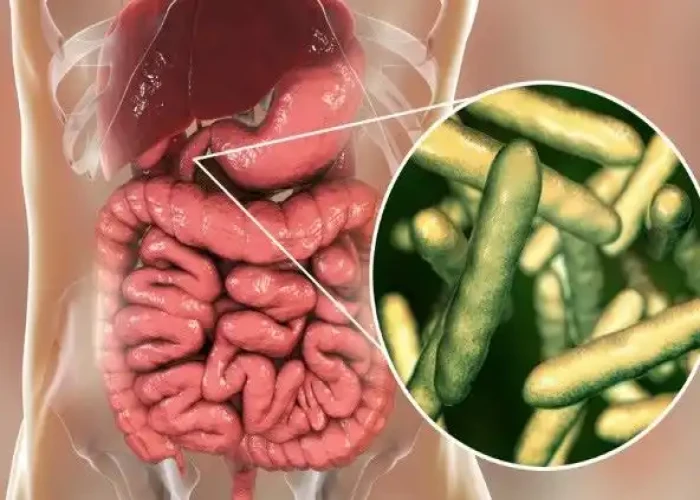
Whipple's disease
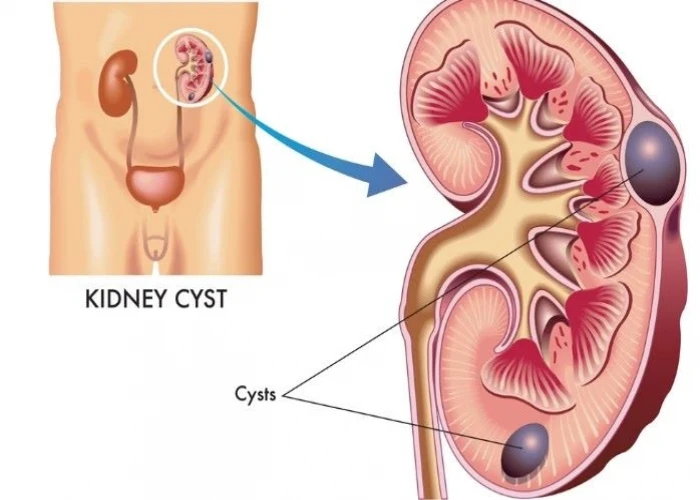
Kidney cysts

Pneumothorax
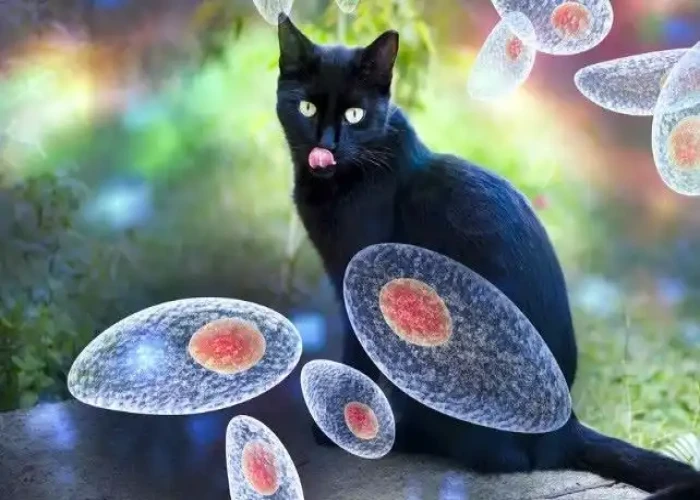
Toxoplasmosis
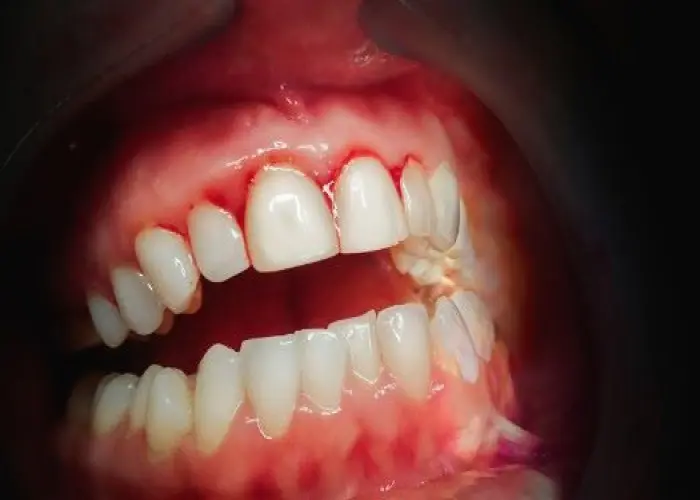
Gingivitis
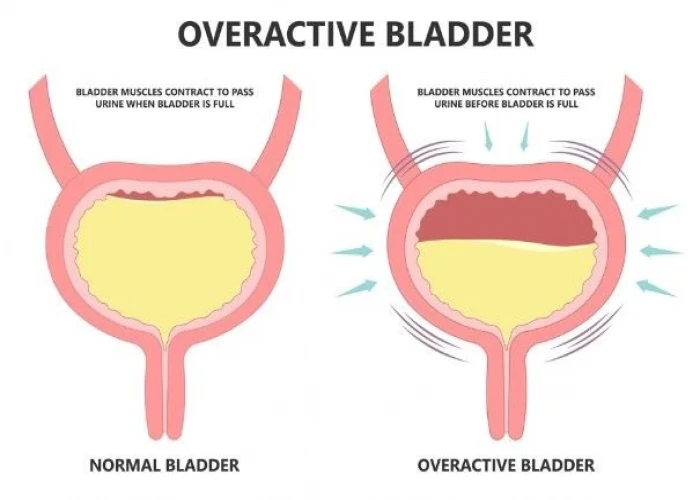
Overactive bladder

Cardiomyopathy
niemann-pick, নিম্যান-পিক
To be happy, beautiful, healthy, wealthy, hale and long-lived stay with DM3S.
